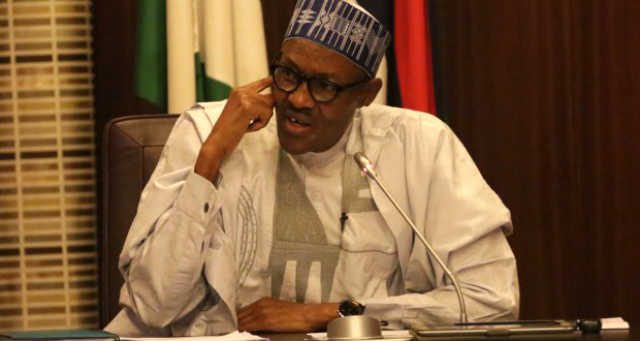
It has been revealed that estimated total amount of bribes paid to Public Officials in Nigeria in 12 Months prior to the survey was around 400 billion Naira the equivalent of $4.6 billion in purchasing power parity (PPP). This sum is equivalent to 39 percent of the combined federal and state education budgets in 2016. The revelation was unleashed in a new report released by the United Nations office on Drugs and Crime (UNODC) in conjunction with the National Bureau of Statistics.
This was reported in Abuja recently during the presentation of their National corruption Report titled, “Bribery Public experience and response 2017” The report disclosed that “almost a third of Nigeria adults (32.3 percent} who had contact with a Public official between June 2015 and May 2016 had to pay, or were requested to pay bribe to Public Officials”
About 90.2 percent of those living in the North West believe that government is very effective in fighting corruption. In the North East, the figure is 88.4; it drops to 72.6 percent in the North Central, 68.9 percent in the South West, 41.3 percent in the South South.
According to the survey, bribe-payers in Nigeria pay an average of six bribes in one year, or roughly one bribe every two Months. On the average, almost one bribe is paid by every adult Nigerian per year.
The average sum paid as a cash bribe is approximately N5, 300, meaning that every time a Nigerian pays a cash bribe, he or she spends an average of about 28.2 percent of the average Monthly salary of approximately N18,900.
After the high cost of living and unemployment, the report says Nigerians consider corruption to be the third most important problem facing the country, well ahead of the state of the country’s infrastructure and health service.
However, public sector bribery is not the only form of corruption affecting Nigeria as the prevalence of bribery in relation to selected employees of private companies is 5.5 percent, meaning that bribery is also significant in the private sector in Nigeria.
While money is by far the most important form of bribe payment in Nigeria, the survey shows that other forms of bribe payment , such as the provision of food and drink, the handing over of valuables or exchange of another service or favour, also exist. Qualitative research shows that such exchanges may sometimes include sexual services, though actual extent of that particular form of bribe is unknown.
‘’Other public officials with high risk of bribery include car registration / driving license officers( 28.5 percent) tax and custom officers (27.3 percent), road traffic management officials (25.5 percent), public utility officers,( 22.4 percent), and land registry officers,( 20.9 percent).
“The survey indicates that among those Households with a member who applied for a post and was actually recruited into the Public administration; more than 15 percent admitted the payment of bribe to facilitate their recruitment. It would appear that young adults are more vulnerable to bribery than other age groups.
Also, out of every 100 people who paid a bribe every time it was requested, 20 refused to do so on at least one occasion.
The Head of Cooperate of EU Kurt Cornelius said about E30 million was spent on the survey and other processes leading to the publication of the report. She added that the effort was part of the EU, UNODC and other partners to help Nigeria overcome the scourge of corruption. (BPSR/FMIC)
Support InfoStride News' Credible Journalism: Only credible journalism can guarantee a fair, accountable and transparent society, including democracy and government. It involves a lot of efforts and money. We need your support. Click here to Donate
